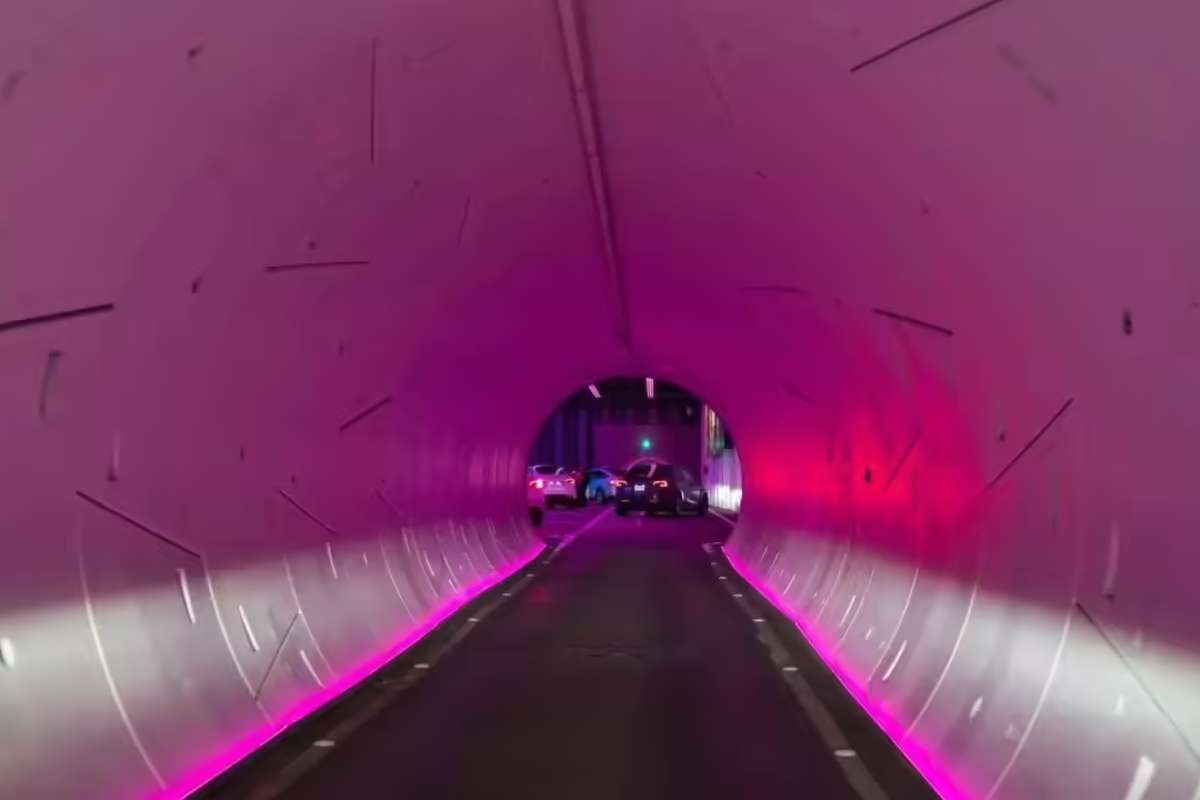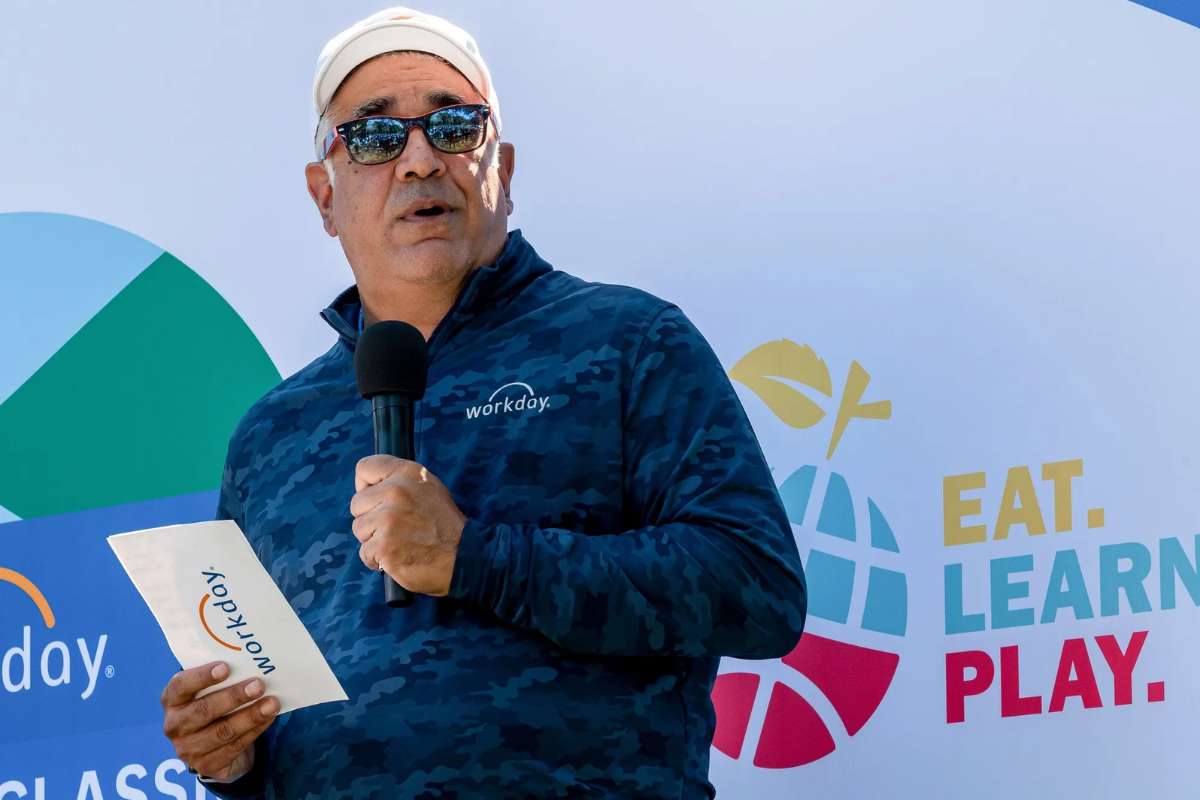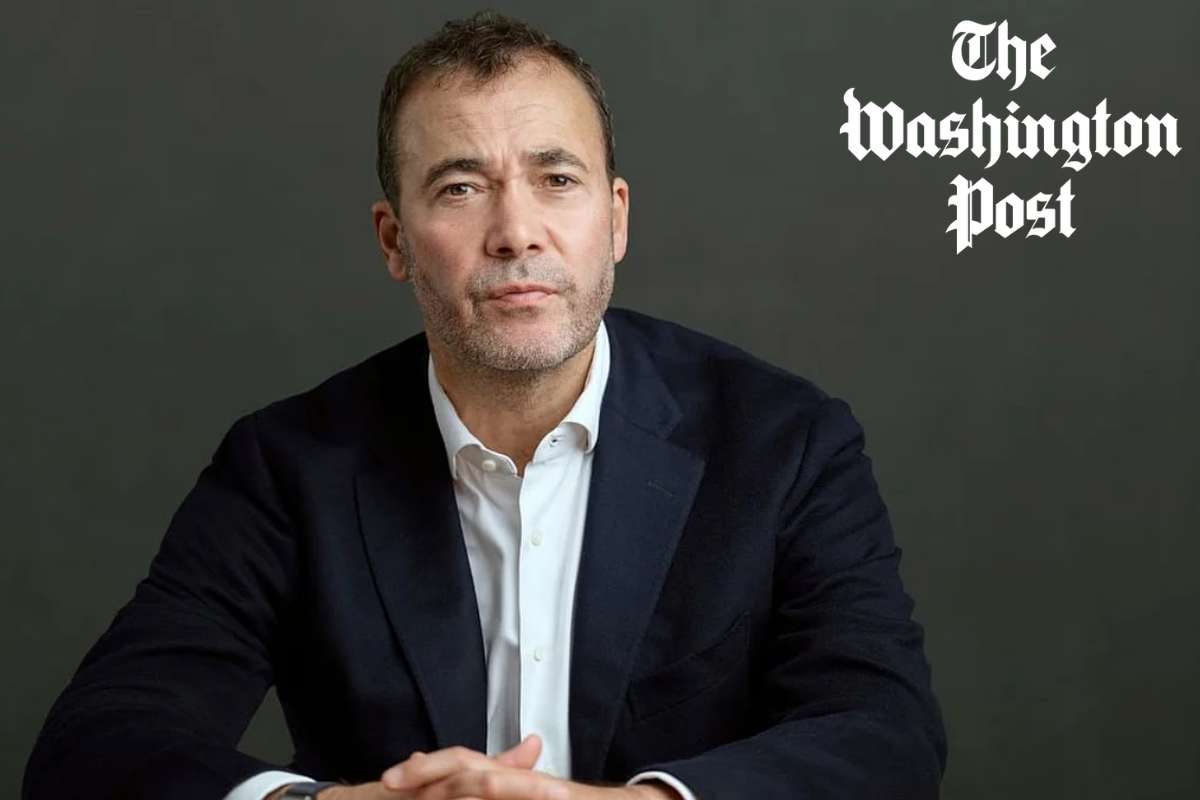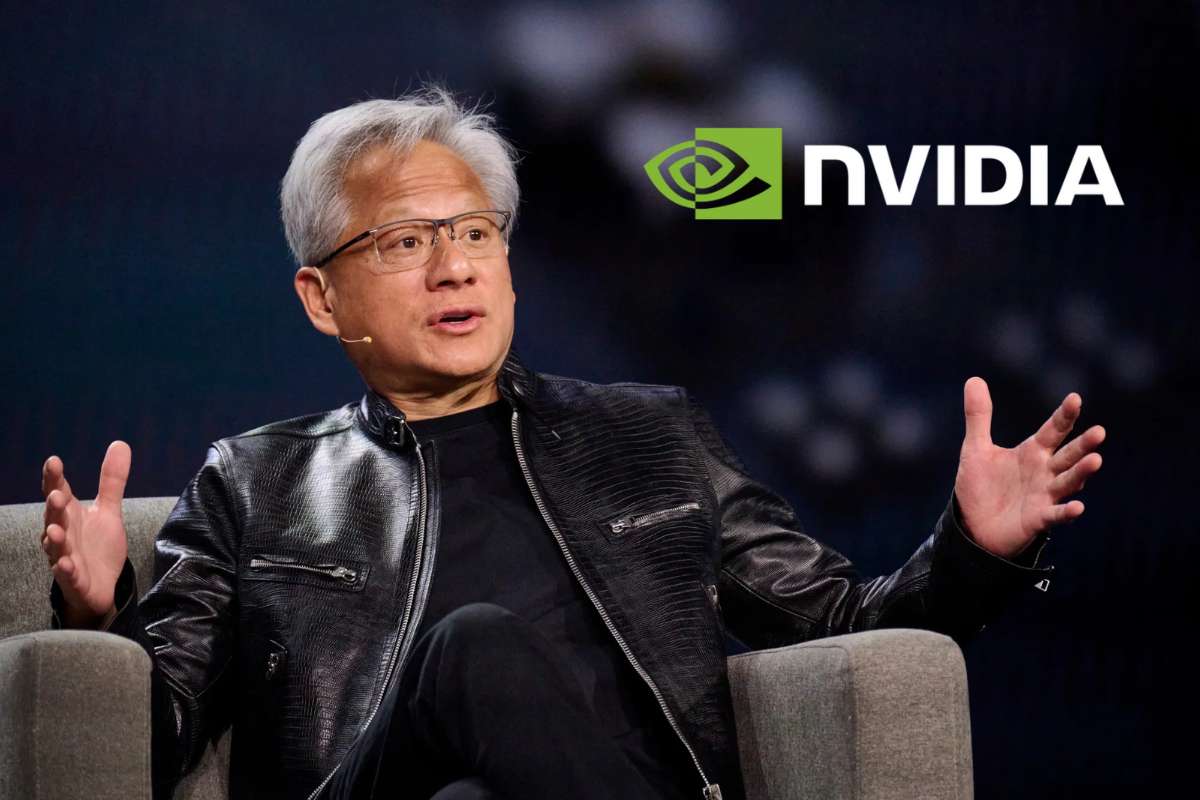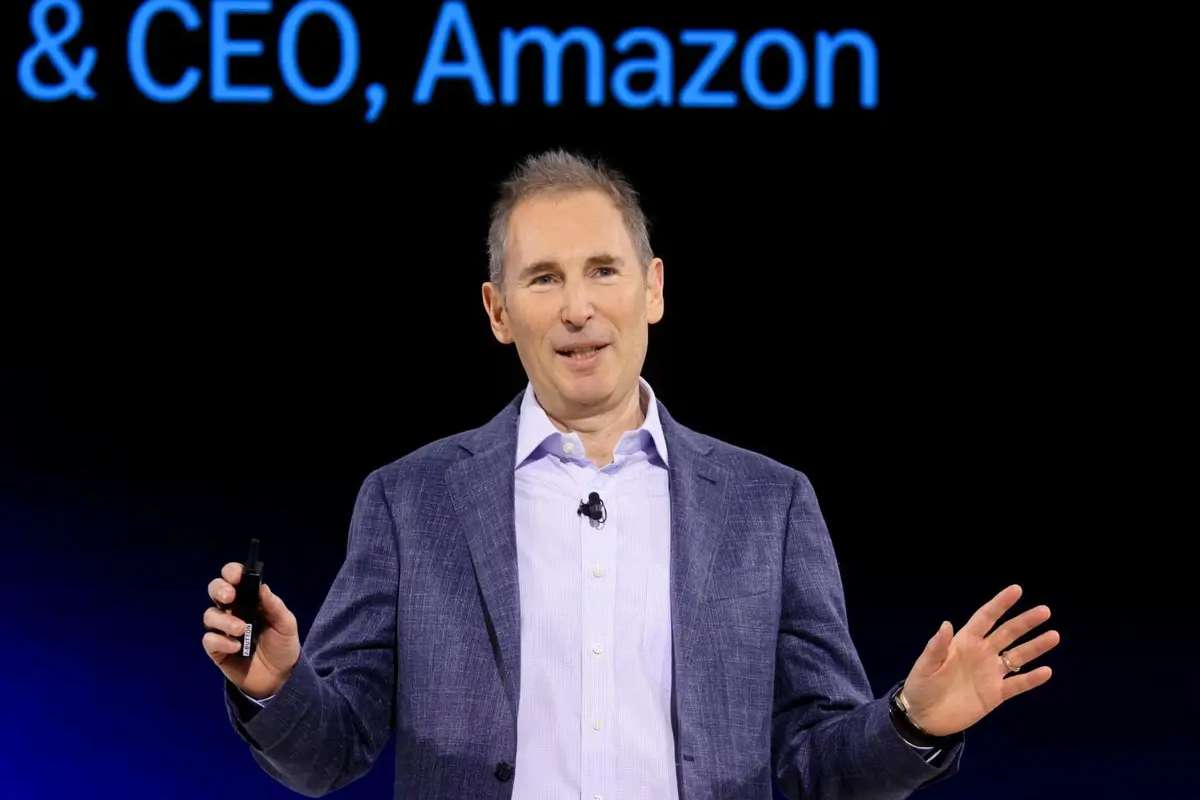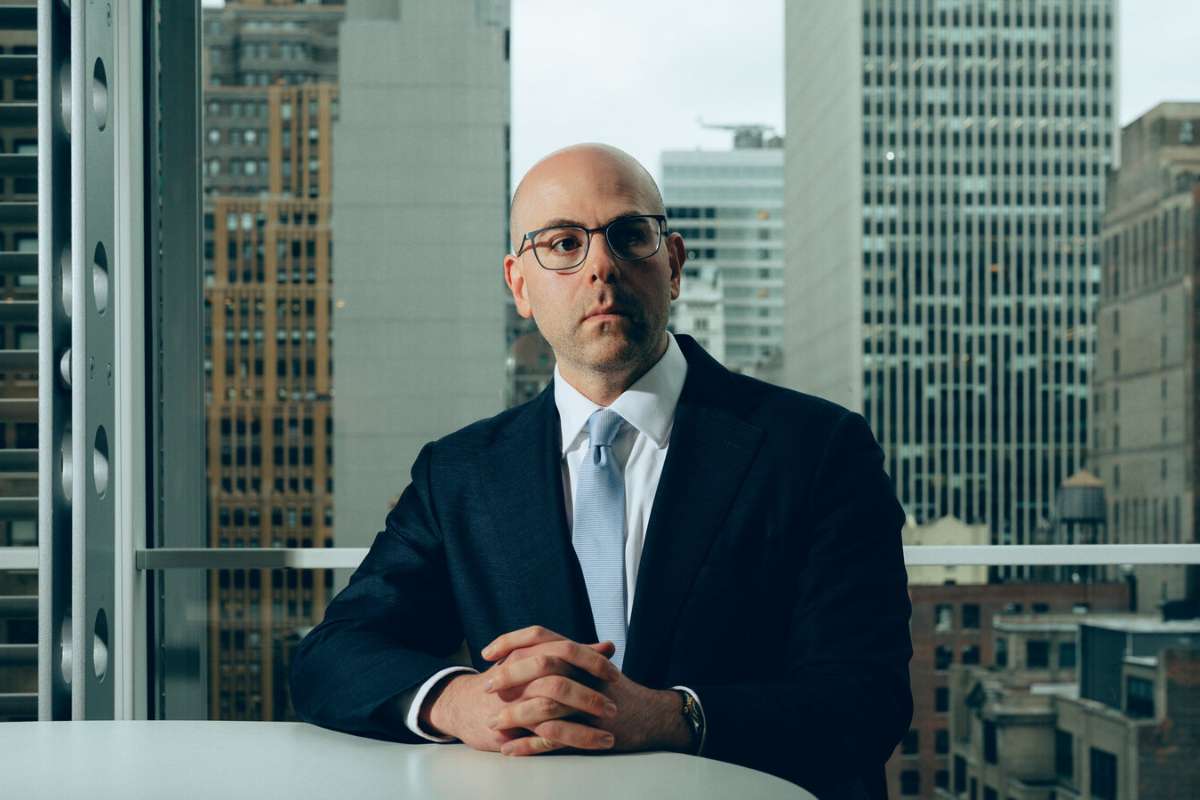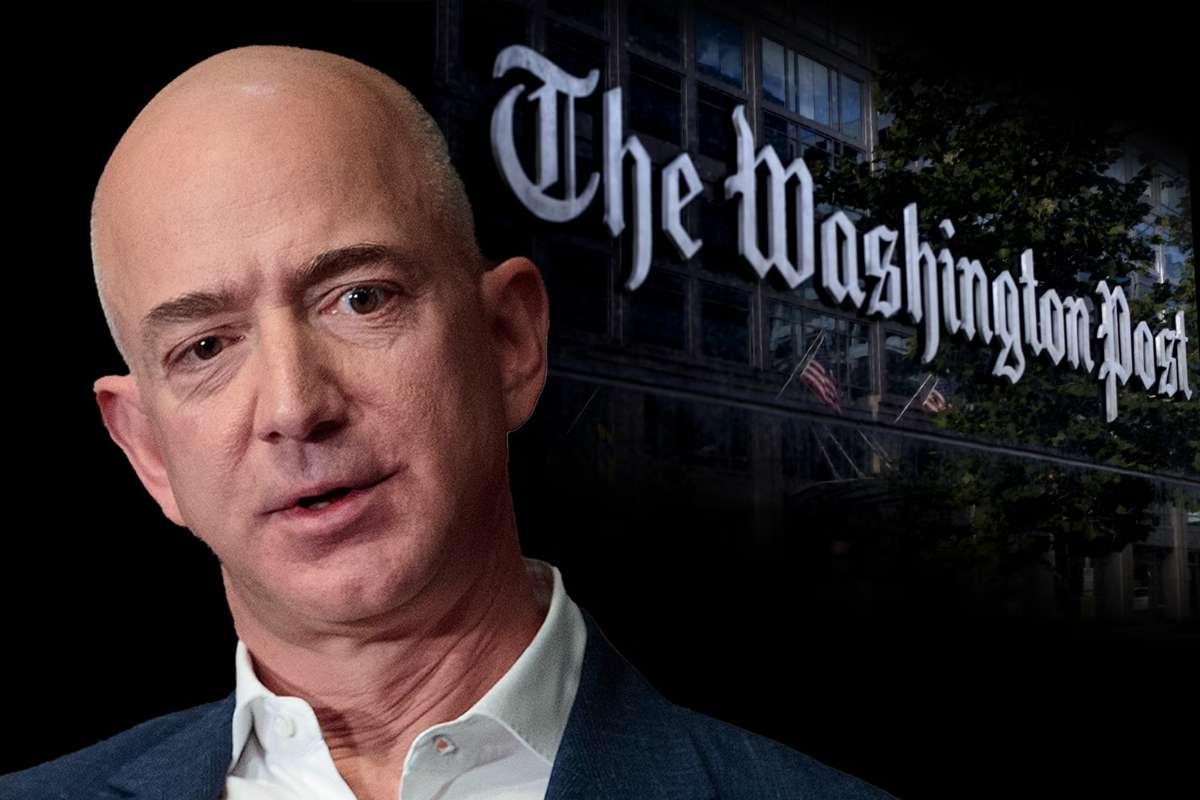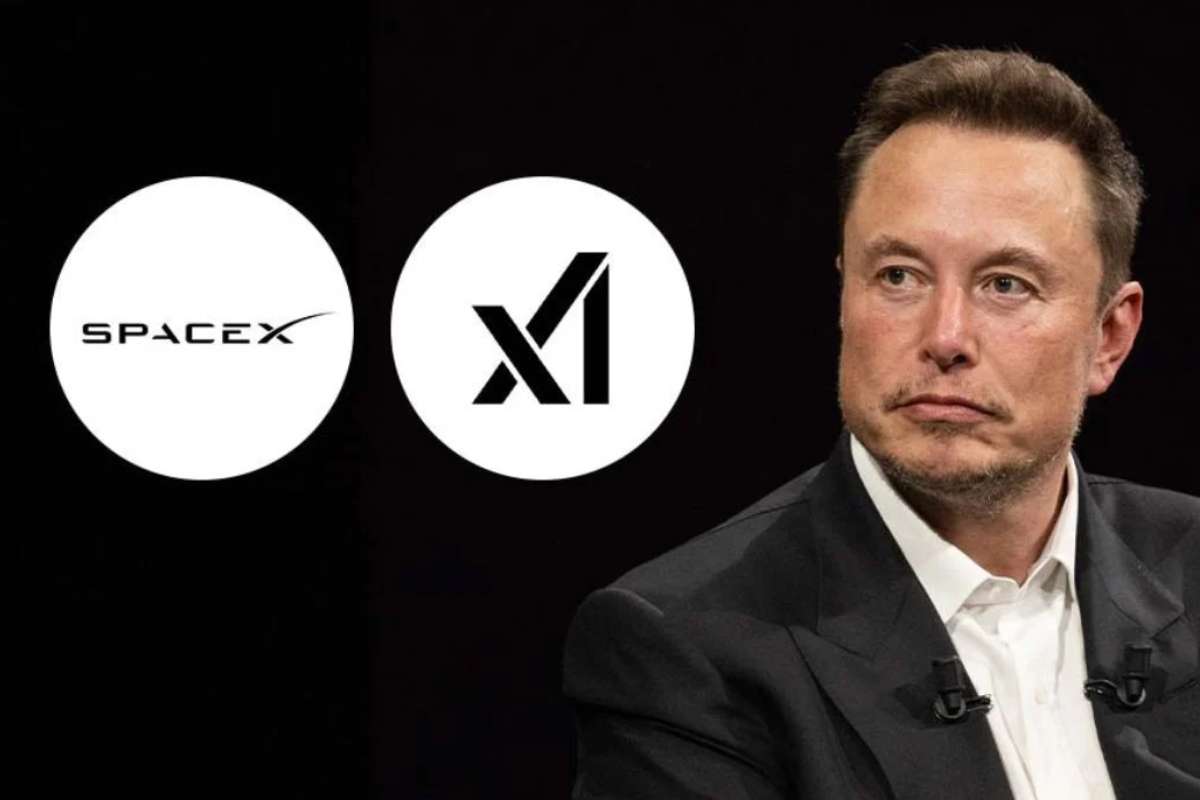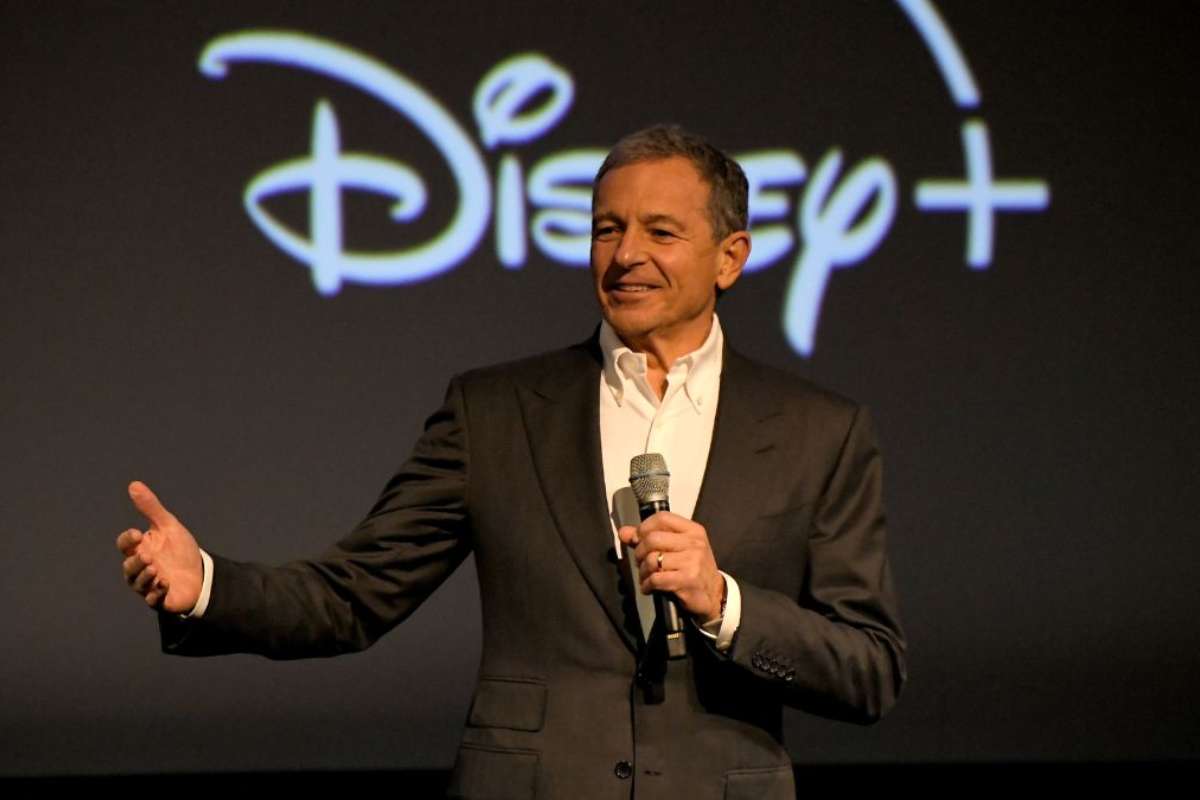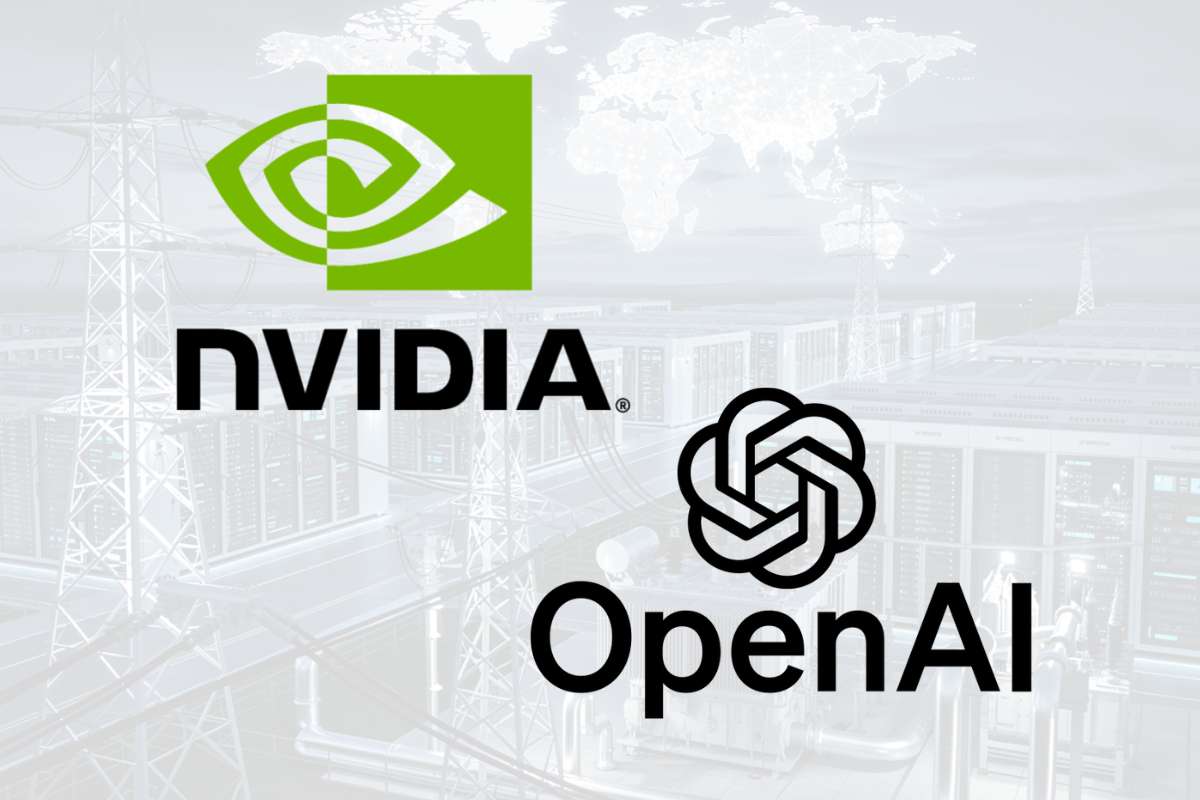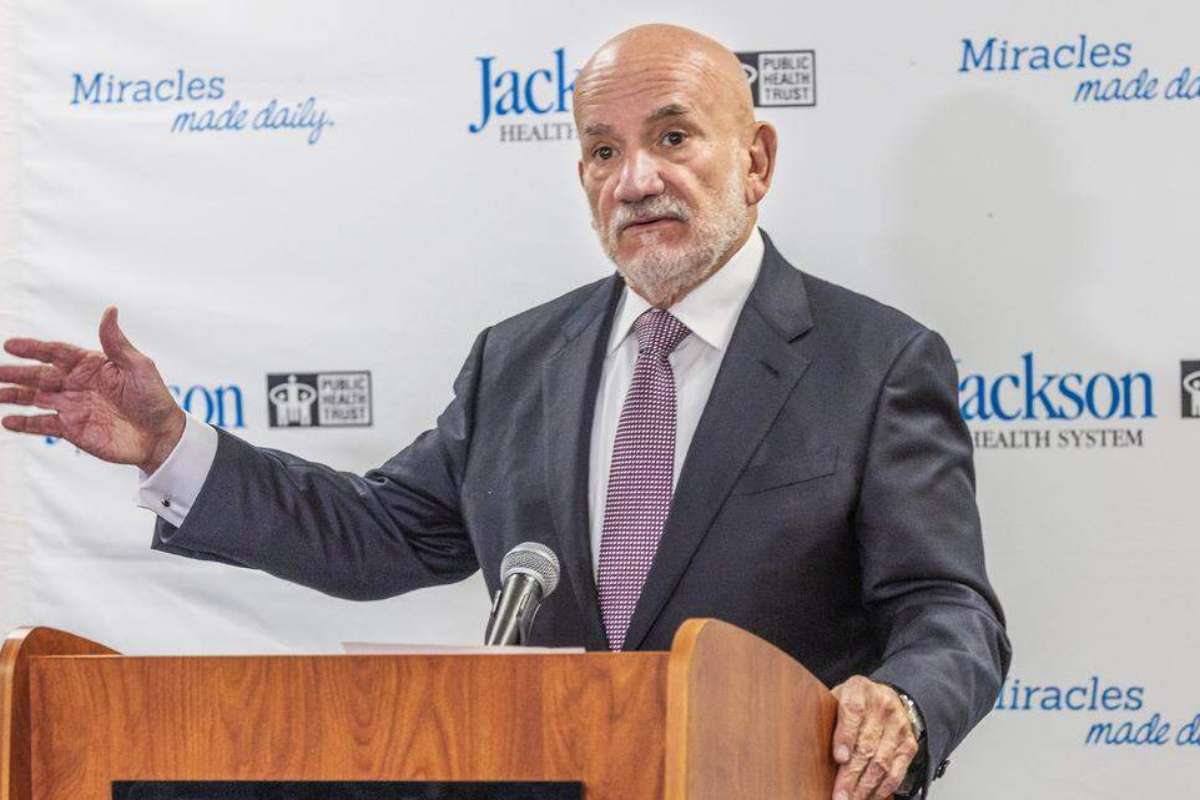Key Points:
- Musk’s Boring Co. to build 10-mile private tunnel from Nashville Airport to downtown by 2026.
- Mixed Political Reactions: State backs it; locals raise concerns over transparency.
- Geology & Safety Issues: Karst terrain and tunnel safety under review.
In a major infrastructure announcement, Tennessee Governor Bill Lee has partnered with Elon Musk’s Boring Company to launch the Music City Loop—a fully privately funded 10-mile underground tunnel that will connect Nashville International Airport (BNA) to downtown. The initiative marks a significant leap in urban transit ambitions, offering a high-speed connection that would slash commute time from 20 minutes to under 10 minutes using Tesla electric vehicles traveling underground.
The Music City Loop is modeled after Boring Company’s Las Vegas Convention Center Loop and is projected to be operational by fall 2026, pending regulatory clearances. The project will not use any public funds or tax incentives, a key selling point emphasized by officials.
The planned route will include multiple stops, including the downtown convention center, with direct access to the airport. The Boring Company claims its tunnel system will be able to move thousands of passengers per hour, easing Nashville’s increasing transportation pressures due to tourism and urban growth.
Political Divide: Applause from State Leaders, Pushback from Local Officials
While the announcement has garnered strong backing from state Republican leaders, including Governor Lee and House Speaker Cameron Sexton, the plan has faced growing resistance from Democratic lawmakers and local officials.
Supporters call it a “transformational private-sector innovation” for the state. Governor Lee praised Tennessee’s openness to innovation, and business groups such as the Nashville Area Chamber of Commerce have rallied behind the potential for reduced congestion and economic opportunity.
However, opponents argue the process has lacked transparency and community input. Democratic Rep. Justin Jones criticized the project as a “corporate giveaway” with minimal public oversight, noting that local stakeholders, especially transit advocates, were left out of planning discussions.
During a tense State Building Commission meeting on July 31, critics also opposed the state’s decision to lease a public parking lot—free of charge—for Boring Company’s tunnel staging. Several state senators and Metro Council members called the move a “rubber stamp” for Musk’s interests, warning of potential environmental and legal complications.
Engineering Ahead: Karst Terrain and Safety Scrutiny
The project’s first approved step involves a 0.8-acre state-owned lot on Rosa Parks Boulevard, now leased to The Boring Company for up to two years. This site will house staging operations and serve as a launch point for tunnel boring equipment. If the tunnel is not built, the land must be returned to its original condition.
Technically, Nashville presents a unique geological challenge—its karst limestone terrain is porous and uneven, potentially complicating underground construction. Nevertheless, Boring Company President Steve Davis expressed confidence in navigating these conditions using updated drilling technologies tested in Las Vegas.
While the Las Vegas Loop has received high marks from the Department of Homeland Security and TSA, safety concerns remain. Past tunnel projects have drawn criticism over worker injuries and insufficient ventilation, issues Nashville’s labor and environmental groups are monitoring closely.
The Music City Loop stands as Elon Musk’s most high-profile tunneling project since Las Vegas—a promise of futuristic, car-based transit built without public funding. As the plan pushes ahead, Tennessee’s leadership is touting it as a beacon of private innovation, while critics demand more public accountability. Whether this tunnel becomes a model for urban transport or a cautionary tale may depend on how Nashville balances technology, transparency, and terrain.

